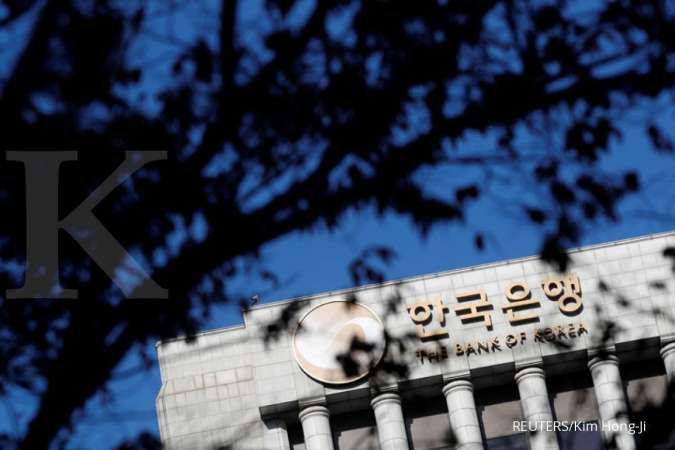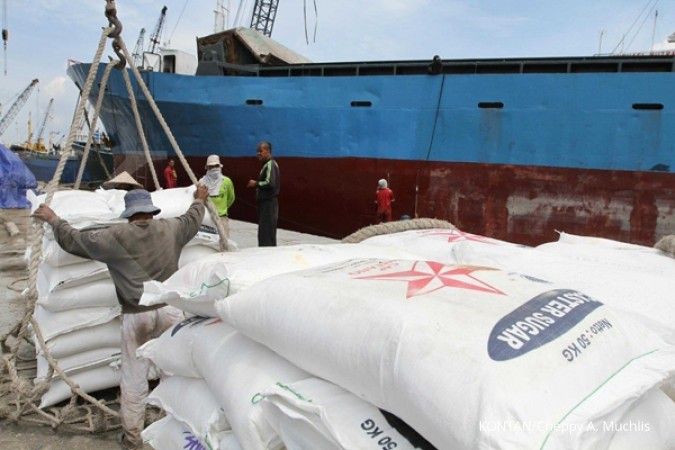TEXTILE INDUSTRY - JAKARTA. The Indonesian Synthetic Fiber and Filament Yarn Producers Association (APSyFI) has observed that the textile and textile product (TPT) industry is showing signs of recovery, albeit not significantly.
APSyFI's General Chairman, Redma Gita Wirawasta, stated that following the issuance of the Minister of Trade Regulation (Permendag) No. 3 of 2024 on Import Policy and Regulation, there has been an increase in sales activity in the downstream TPT sector. This is particularly noticeable since the regulation came into effect on March 10, coinciding with the start of Ramadan.
Read Also: Indonesian Textile Manufacturers Ask Retailers to Prioritize Domestic Products
Regrettably, APSyFI has also received information that sales of TPT products in the upstream and intermediate sectors have not seen a significant increase. As a result, the Ramadan period is not expected to have a substantial impact on the annual performance of the TPT industry.
"The impact of Permendag No. 3/2024 has only been felt for late Eid orders in some downstream textile industries, but monthly sales are starting to show positive growth," said Redma on Thursday (4/4).
In general, Permendag No. 3/2024 has helped to prevent the import of illegal TPT products through courier and consignment services. However, the regulation still leaves a loophole as there are still illegal TPT products being imported through bulk import mechanisms.
Read Also: Russia to Continue Voluntary Cut of Oil and Oil Product Exports Until Year-End
TPT producers are still hopeful that the domestic market will continue to improve with the new import policy. TPT entrepreneurs cannot yet place much hope on the export market, which is still experiencing a slowdown in demand due to uncertainties in global geopolitical and economic conditions, especially in export destination countries.
"We cannot yet determine how long this trend will last," Redma concluded.
He added that in January and February, there were still cases of employment termination (layoffs) in the domestic TPT industry. However, starting in March, the trend of layoffs seems to be slowing down. The issuance of Permendag No. 3/2024 has the potential to increase production activity, which in turn could lead to manufacturers rehiring employees who were previously laid off.
/2023/08/03/1152181481p.jpg)













